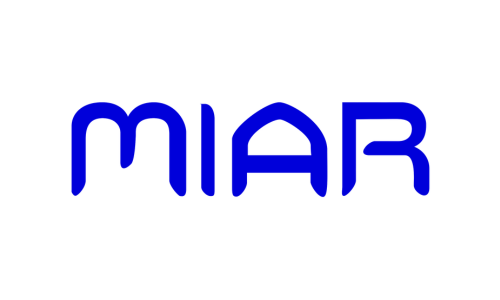Primary conservative treatment of intestinal occlusion syndrome
Abstract
This modest study refers to an analytical research work of 10 years carried out from 2000 to 2010, where 60 patients affected by the intestinal occlusion syndrome have been examined, have undergone hydro-electrolytic balance, nasal gastric tubing, evacuation of the colon, and, in some cases, they have gone through eventual restoration of an abdominal hernia, when such pathologies existed. Consequently, the clinical aspect of such syndrome has been removed, the transition re-established, the radiological exam significantly improved and the patient skipped the surgical intervention.
Keywords: Intestinal occlusion syndrome, evacuating enema, conservative treatment, hydro-electrolytic reanimation, phytobezoar.
Downloads
Published
How to Cite
Issue
Section
License
Declaration/Copyright transfer:
1. In consideration of the undertaking set out in paragraph 2, and upon acceptance by ANGLISTICUM for publication of the manuscript in the Journal, I/We hereby assign and transfer publication rights to ANGLISTICUM, whereas I/We retain the copyright for the manuscript. This assignment provides ANGLISTICUM the sole right and responsibility to publish the manuscript in its printed and online version, and/or in other media formats.
2. In consideration of this assignment, ANGLISTICUM hereby undertakes to prepare and publish the manuscript in the Journal, subject only to its right to refuse publication if there is a breach of the Author’s warranty in paragraph 4 or if there are other reasonable grounds.
3. Editors and the editorial board of ANGLISTICUM are empowered to make such editorial changes as may be necessary to make the Manuscript suitable for publication.
4. I/We hereby acknowledge that: (a) The manuscript submitted is an original work and that I/We participated in the work substantively and thus I/We hereby are prepared to take public responsibility for the work; (b) I/We hereby have seen and approved the manuscript as submitted and that the manuscript has not either been published, submitted or considered for publication elsewhere; (c) The text, illustration, and any other materials included in the manuscript do not infringe upon any existing copyright or other rights of anyone.
5. I/We hereby indemnify ANGLISTICUM and the respective Editors of the Journal as mentioned in paragraph 3, and hold them harmless from any loss, expense or damage occasioned by a claim or suit by a third party for copyright infringement, or any suit arising out of any breach of the foregoing warranties as a result of publication of the manuscript.













